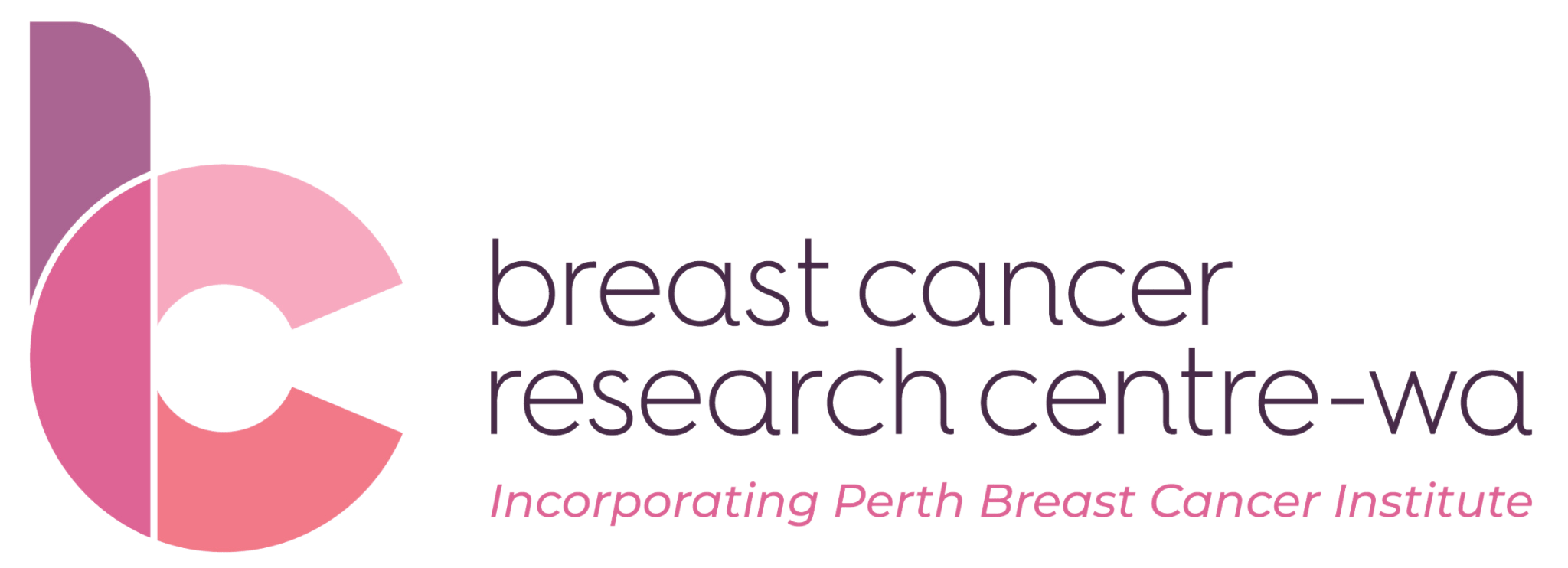The Role of a Breast Care Nurse
Breast cancer is a complex disease, both physically and psychologically.
Facing a breast cancer diagnosis brings with it a set of challenges that ripple through various aspects of a woman’s life. From navigating the recovery after surgery to enduring extended periods of treatments like chemotherapy and/or radiotherapy, all while striving to maintain a sense of normalcy in the realms of work and family, the pressures can be overwhelming. These challenges extend beyond the financial strain and delve into the emotional fabric of the family unit.
At any phase of a woman’s diagnosis, the emotional toll is palpable, often leading to bouts of depression and anxiety. The psychological impact of breast surgery on a woman’s self-image and sexuality is profound. Add to this the side effects of chemotherapy – from hair loss and fatigue to induced menopausal symptoms like hot flushes and mood swings – and you have a complex landscape where the Breast Cancer Nurse (BCN) steps in with a tailored approach to supportive care, focusing on identifying and addressing the unique needs of each woman.
While the number of newly diagnosed women remains relatively stable, the role of BCNs has undergone a dynamic evolution over time. Each center with a BCN may chart its own course, defining roles based on the nurse’s level of experience. Increased public awareness has cast a spotlight on BCNs and their pivotal role in providing support to women and their families, be it in the pre-operative or post-operative phase.
This support extends beyond the medical realm, encompassing financial assistance through organizations like the Cancer Council for women facing economic challenges. BCNs actively facilitate this support process on behalf of the women under their care. Additionally, BCNs engage in discussions and make onward referrals for women dealing with menopausal symptoms, anxiety, and depression during or after the completion of their treatment. This often involves collaborating with clinical psychology services or medical practitioners for necessary interventions, including medications.
The responsibilities of a BCN go beyond paperwork and referrals. They are a reassuring presence in the doctor’s rooms, offering support at the time of diagnosis. This involves providing crucial information about proposed surgeries, engaging in discussions about breast prosthetics, and shedding light on future treatments such as radiation, chemotherapy, or hormone therapy. BCNs are also a lifeline for patients, providing phone support for pre and post-operative clinical procedures, including seroma drainage, and playing a crucial role in attending to wound dressings as needed.
In essence, the role of a Breast Nurse is a multifaceted one, encompassing not only medical care but also financial advocacy, emotional support, and educational guidance. As BCNs continue to adapt to the changing landscape of breast cancer care, their dedication remains unwavering in ensuring that each woman receives personalized and comprehensive support throughout her challenging journey.

Cath Griffiths
Early Breast Care Nurse
The information and content provided on this page is intended for informational and educational purposes only and is not intended to substitute for professional medical advice. Please contact your medical team for advice on anything covered in this article.
